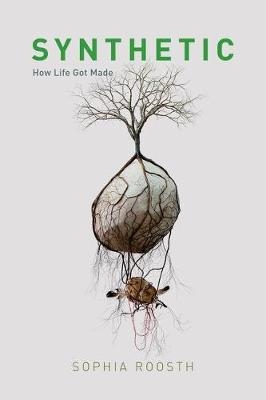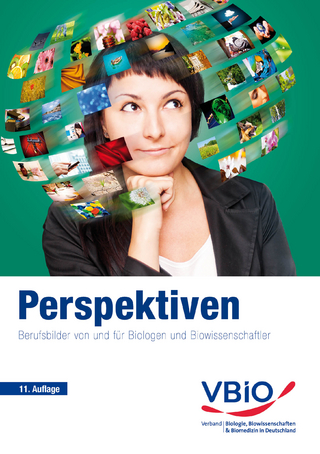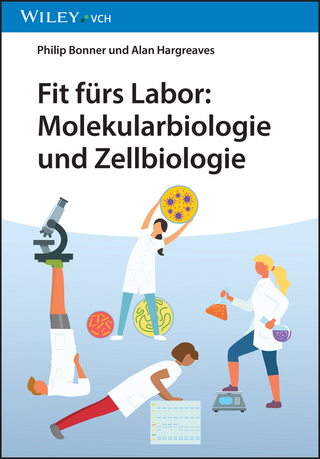
Synthetic
How Life Got Made
Seiten
2017
University of Chicago Press (Verlag)
978-0-226-44032-3 (ISBN)
University of Chicago Press (Verlag)
978-0-226-44032-3 (ISBN)
- Titel ist leider vergriffen;
keine Neuauflage - Artikel merken
Life is not what it used to be. In the final years of the twentieth century, emigres from engineering and computer science devoted themselves to biology and made a resolution: that if the aim of biology is to understand life, then making life would yield better theories than experimentation. Armed with the latest biotechnology techniques, these scientists treated biological media as elements for design and manufacture: viruses named for computers, bacterial genomes encoding passages from James Joyce, chimeric yeast buckling under the metabolic strain of genes harvested from wormwood, petunias, and microbes from Icelandic thermal pools. In Synthetic: How Life Got Made, cultural anthropologist Sophia Roosth reveals how synthetic biologists make new living things in order to understand better how life works. The first book-length ethnographic study of this discipline, Synthetic documents the social, cultural, rhetorical, economic, and imaginative transformations biology has undergone in the post-genomic age.
Roosth traces this new science from its origins at MIT to start-ups, laboratories, conferences, and hackers' garages across the United States even to contemporary efforts to resurrect extinct species. Her careful research reveals that rather than opening up a limitless new field, these biologists' own experimental tactics circularly determine the biological features, theories, and limits they fasten upon. Exploring the life sciences emblematic of our time, Synthetic tells the origin story of the astonishing claim that biological making fosters biological knowing.
Roosth traces this new science from its origins at MIT to start-ups, laboratories, conferences, and hackers' garages across the United States even to contemporary efforts to resurrect extinct species. Her careful research reveals that rather than opening up a limitless new field, these biologists' own experimental tactics circularly determine the biological features, theories, and limits they fasten upon. Exploring the life sciences emblematic of our time, Synthetic tells the origin story of the astonishing claim that biological making fosters biological knowing.
Sophia Roosth is the Frederick S. Danziger Associate Professor for history of science at Harvard University.
| Erscheinungsdatum | 18.05.2017 |
|---|---|
| Zusatzinfo | 16 halftones |
| Sprache | englisch |
| Maße | 152 x 229 mm |
| Themenwelt | Sonstiges ► Geschenkbücher |
| Naturwissenschaften ► Biologie ► Allgemeines / Lexika | |
| Sozialwissenschaften ► Soziologie | |
| Technik ► Umwelttechnik / Biotechnologie | |
| ISBN-10 | 0-226-44032-X / 022644032X |
| ISBN-13 | 978-0-226-44032-3 / 9780226440323 |
| Zustand | Neuware |
| Informationen gemäß Produktsicherheitsverordnung (GPSR) | |
| Haben Sie eine Frage zum Produkt? |
Mehr entdecken
aus dem Bereich
aus dem Bereich
Berufsbilder von und für Biologen und Biowissenschaftler
Buch | Softcover (2024)
Verband Biologie, Biowiss. u. Biomedizin in Dtl. e.V. (Verlag)
16,80 €
Buch | Softcover (2024)
Wiley-VCH (Verlag)
39,90 €
Band 2: Elektrizität, Optik und Wellen
Buch | Softcover (2022)
Wiley-VCH (Verlag)
39,90 €


